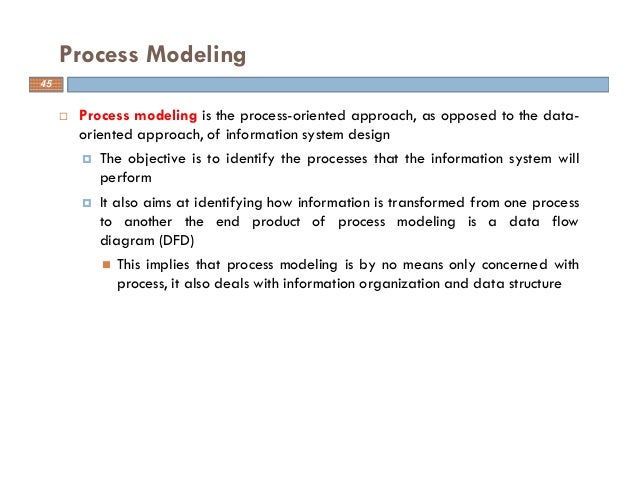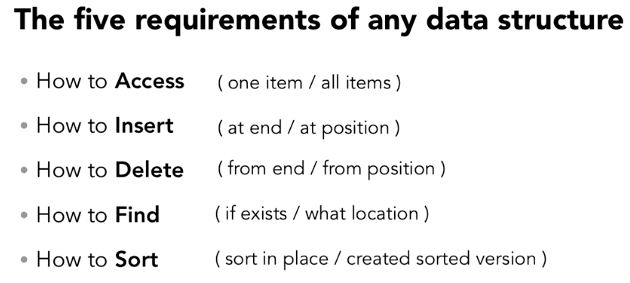

- #Basic data types and operations how to
- #Basic data types and operations software
- #Basic data types and operations code
Constants with the following data types can be used in C++: What are Constants in C++?Ĭonstants are program components whose value does not change from the beginning to the end of the program.

When a locally defined variable in a function is required to remain constant and not change if the function is called repeatedly as long as the program is running, that variable should be defined as a static variable. Such variables must be enclosed in curly braces that specify function boundaries. If there is more than one function in the program, local variables are the type of variable that can only be valid in the function it is defined in. Although various types of variables are used in C++ programs, for now, we will consider two types of variables that are frequently used: local variables and global variables. Variable definitions can be made for different purposes in C++. Read: What Are References in C++ What are Variables in C++? These words are given in the table below:
#Basic data types and operations how to
Read: How to Operate on Strings in C++ C++ Variable Naming Conventions
#Basic data types and operations code
Running this code in your integrated development environment (IDE) or code editor would result in the following output: Smallest Number: 10 “ ” Code:Ĭout <<"Smallest Number: " << smallest << "\n" Ĭout <<"Largest Number: " << largest << "\n" Lines where the variable data type is declared must end with. Here is how you declare multiple variables in C++: int num1, num2 If we are going to use more than one variable in our program, we can define these variables by writing them side by side, provided that they are of the same type. Here is how that would look in code: int age = 26 Often, however, the data type of the variable is determined from the outset, while it is desirable to have a value as well. It is possible to change the content of a variable by assigning a specific value anywhere in the program. Here is how you declare a variable data type in C++ code: int age To declare the data type of the variable to be used in C++, a definition must be made, as follows: NET Developers How Do You Declare Variable Data Types in C++? You can review the table below for the data types used in C++. The following data type is used to identify an alphabetic character or strings of characters:Įach character occupies 1 byte of memory. The double and long double data types occupy 8 bytes of memory, while the float data types occupy 4 bytes. The basic data types commonly used to define floating-point numbers or decimal numbers include: The int and long data types occupy 4 bytes of memory, and the short data types occupy 2 bytes. The basic data types commonly used to define integers in C++ include: Read: Simple Data Input and Output Operators in C++ What Are C++ Data Types? During this declaration, the data type of the variable must also be determined.īelow is an example of basic usage of a variable in C++: We will start with variables and then work our way through C++ data types.Įvery variable used in C++ must be declared and introduced to the program before they are able to be used.
#Basic data types and operations software
If you are a new C++ developer, you may want to read the first part of this ongoing series about C++ software development – C++ for beginners. In this programming tutorial, developers will learn how to work with variables, data types, and constants in the C++ programming language.


 0 kommentar(er)
0 kommentar(er)
